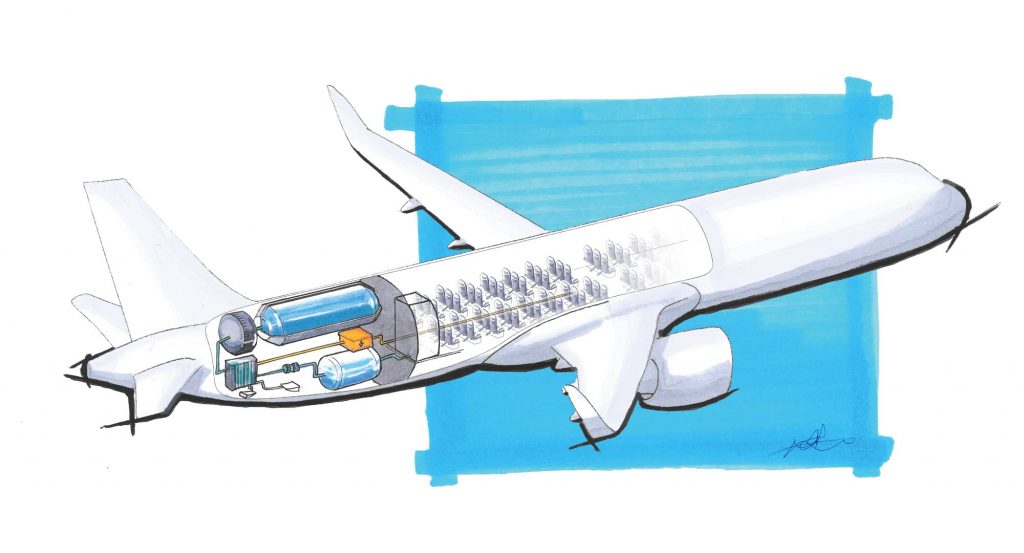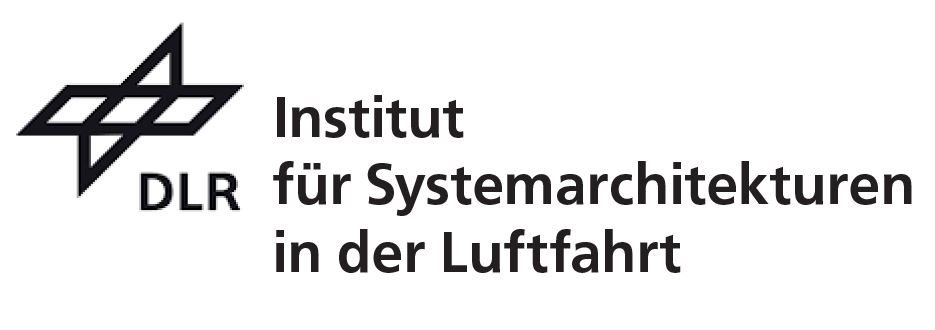Model-based design for hydrogen aviation systems

Cooperation project



The use of liquid hydrogen as a fuel for large aircraft offers the potential for a significant reduction in aviation emissions. A central challenge for the development of aircraft with hydrogen systems lies in the design of suitable system architectures, as well as their evaluation with regard to mass, costs, sustainability, range, etc.
Due to the high complexity of aircraft hydrogen systems and the large number of variants to be investigated, this would hardly be possible with a conventional document-based approach. Instead, digital system models are built in this project using the graphical modeling language SysML according to the Model-Based Systems Engineering approach.
Facts
07/2022 – 06/2024
Time period
Existing system knowledge and design criteria are comprehensibly recorded in system models. The modularity and reconfigurability of the models enable holistic analyses, optimization and benchmarking of different variants at an early stage of aircraft development. It is also possible to determine at an early stage what consequences different mission goals, customer wishes and requirements have on the system design and integration in the aircraft. A link to parameterized 3D geometry and simulation models also enables the analysis and evaluation of design variants in spatial representation.
The aim is to model all fuel systems, subsystems and affected aircraft systems, e.g. tank systems, propulsion systems, fuel-cell systems, monitoring systems, lines, cabin systems, cabin layouts, that come into question for large aircraft and regional aircraft. The level of detail should be sufficient to make appropriate decisions about suitable overall architectures and to evaluate variants holistically.
Can we help you?
Whether you just have a small question or want to get a customized offer from us:
Contact us now.
We are happy to help you.
